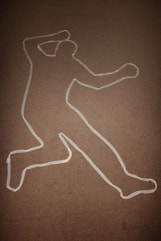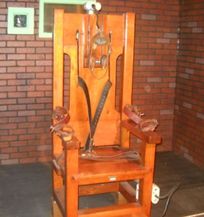Guilt Phase Trial

If the defendant is found guilty of a crime that leaves him eligible for the death penalty, then there is a penalty phase of trial.
Penalty Phase Trial
Different, more relaxed, rules of evidence apply during the penalty phase. The prosecution typically presents aggravating evidence. Aggravating evidence is that which suggests that death is the appropriate penalty.
The defense attorney typically presents mitigating evidence. Mitigating evidence is that which suggests the defendant does not deserve to be sentenced to death.
- The circumstances of the crime
- The defendant’s mental and emotional state at the time of the crime
- Whether the defendant was legally insane or intoxicated at the time of the crime
- Whether the defendant believed the crime to be morally justified
- The defendant’s age and level of participation in the crime
- Prior felony convictions
- Other violent crimes committed by the defendant, whether he was convicted or not
- The victim’s role or participation in the murder
- Victim impact evidence (the impact of the murder on the victim’s family and friends)
- Any other extenuating circumstances

 RSS Feed
RSS Feed
